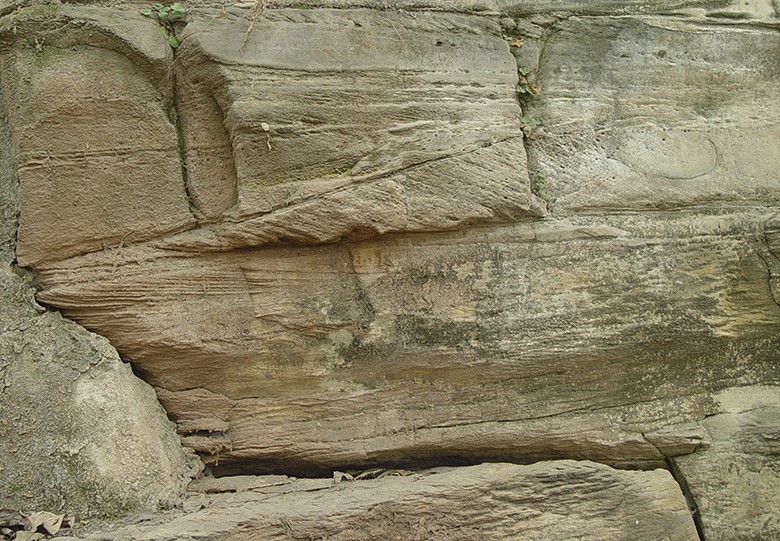Soft rock and hard rock are two common types of rocks in geology. They have significant differences in physical properties, composition, structure and engineering applications. Therefore, soft rock and hard rock have significant impacts on engineering construction, which involve many aspects such as engineering planning, design, construction, cost and long-term stability. The following are some of the main impacts of soft rock and hard rock on engineering construction:

I. Differences between soft rock and hard rock
1. Strength and hardness: Hard rock has higher strength and hardness, and its compressive strength is usually greater than 60MPa; while soft rock has lower strength and hardness, and its compressive strength is generally below 30MPa.
2. Deformation characteristics: Hard rock deforms less when subjected to force, showing higher elasticity and brittleness; soft rock has greater deformation capacity and shows obvious plastic deformation characteristics.
3. Mineral composition: Hard rock is usually composed mainly of hard minerals, such as quartz, feldspar, etc.; soft rock may contain more clay minerals, mica and other weak minerals.
4. Weathering degree: Hard rock is generally difficult to weather and has better durability; soft rock is easily affected by weathering and may have a higher degree of weathering.
5. Crushing difficulty: Due to the high strength and hardness of hard rock, it is relatively difficult to crush and requires more powerful crushing equipment; soft rock is relatively easy to crush.
6. Engineering nature: Hard rock is often used in engineering for structures that require high-strength support, such as foundations and bridge piers; soft rock may have special applications in some specific projects, such as backfill and slope protection.
II. The impact of hard rock on engineering construction:
1. Foundation bearing capacity: Hard rock has a high bearing capacity and low compressibility, providing a solid foundation for buildings. Structures built on hard rock are usually more solid and stable.
2. Construction challenges: Hard rock is difficult to excavate and may require the use of explosives or heavy machinery, which not only increases construction time and cost, but may also affect the surrounding environment and existing structures.
3. Tunnels and underground projects: When tunnels and other underground projects are carried out in hard rock, although the rock itself has good stability, vibration and noise control during excavation become important considerations.
4. Cost-effectiveness: Although the construction cost in hard rock areas may be higher, due to its good engineering properties, the long-term maintenance cost may be lower, so it may be more advantageous in terms of overall cost-effectiveness.
III. The impact of soft rock on engineering construction:
1. Foundation stability: Soft rock may cause unstable foundation due to its low bearing capacity and high compressibility. In construction projects, special reinforcement measures such as deep reinforcement and pile foundation are required to ensure the stability of the structure.
2. Construction difficulty: Soft rock is relatively easy to excavate, but in some cases, such as encountering soft rock with high water content, collapse, quicksand and other problems may occur, increasing the risk and difficulty of construction.
3. Durability issues: Soft rock is easily affected by weathering and erosion, which may lead to long-term stability problems of the building foundation and the surrounding environment.
4. Cost control: Since soft rock may require additional reinforcement and protection measures, this will increase the cost of the project. At the same time, soft rock areas may require more frequent maintenance and repair work.
The different characteristics of soft rock and hard rock require engineers to adopt different strategies and technologies during the design and construction process to ensure the safety, economy and sustainability of the project.





